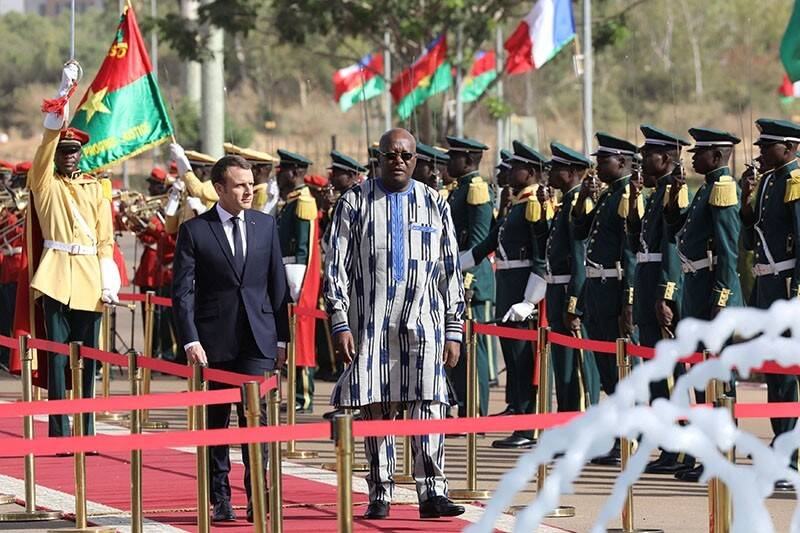
By Kennedy Nalyanya
Ouagadougou, Burkina Faso - In a powerful declaration of sovereignty and decolonization, Burkina Faso's transitional government, led by Captain Ibrahim Traoré, has spearheaded a monumental shift in the nation's linguistic landscape. This move, widely seen as a crucial step towards asserting the country's independence and dismantling lingering colonial influences, culminated in January 2024 with a constitutional amendment officially removing French as the sole official language. As Prime Minister Apollinaire Joachimson Kyelem of Tambela famously articulated, "No one can truly flourish from the concepts of others." This guiding principle underscores the government's profound commitment to fostering a future deeply rooted in Burkina Faso's own cultural identity and linguistic heritage, enabling its citizens to thrive in their native tongues. This bold initiative mirrors a growing trend across West Africa, where nations are actively re-evaluating their linguistic policies to uplift indigenous languages and reinforce their cultural autonomy.
Following this foundational change, the constitutional amendment firmly establishes indigenous languages as the country's official linguistic mediums. Among the most widely spoken, and now officially recognized, are Mooré, Bissa, Dyula, and Fula (also known as Fulfulde or Peul). While these four languages hold prominent positions, the comprehensive constitutional change extends its official status to all national languages spoken across Burkina Faso. This aims to foster broader communication, education, and administrative functions in languages that resonate deeply with the majority of the population.
With this historic shift, French has been demoted to a "working language." This means it will continue to be utilized in key sectors such as government, education, and administration, but it no longer holds the primary or sole official linguistic authority. Similarly, English has also been designated a "working language," indicating its continued role in certain professional and international contexts within the nation.


Add comment
Comments